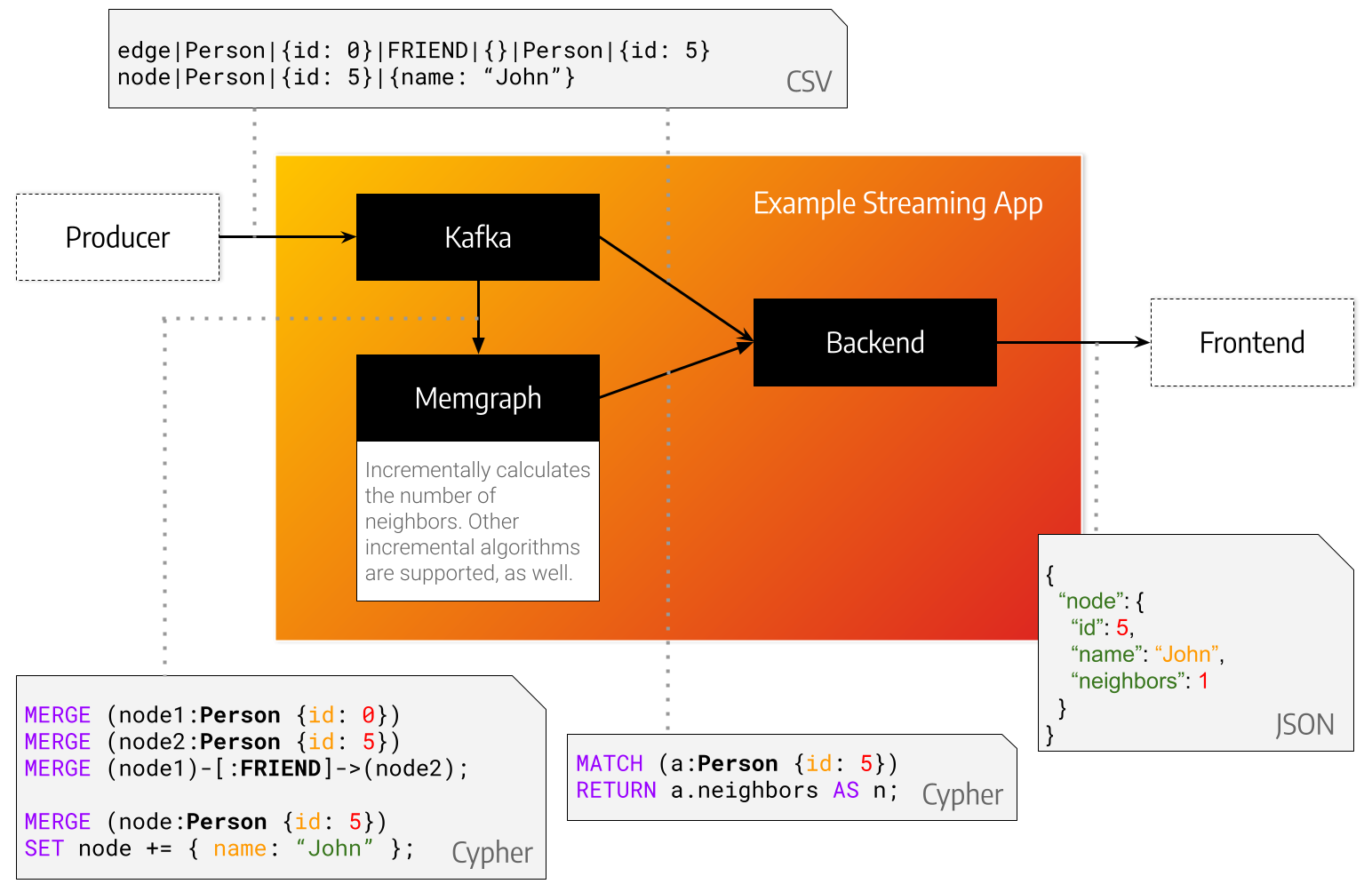At the moment, the app-loader binary (and associated functionality) is loaded in the kernel via include_bytes!().
It might make sense to move this functionality into the kernel, as a function that gets called on startup, rather than as a totally separate application.
This would also make it easier to have a faster development loop, e.g. the "kernel-app-loader" could open a port that could be used to immediately upload an application. This could work well with a cargo runner that partially replaces the dumbloader application, as well as potentially (partially) the crowtty application (it could pass stdio through to port 0, at least, after a cargo run.
This would mean (with no other desktop apps running), you could:
- Start the MnemOS PC
- Move to your new application project
- type
cargo run --release, which will:
- Build the application, creating an app
- Invoke
objcopy (or perform the same functionality somehow), creating an appbin
- Open the (actual/physical) serial port
- Begin uploading the application over port 1
- Begin passing stdio through to port 0
- While the kernel-app-loader would:
- At startup, open port 0 (for the CLI interface)
- Open port 2 (for the direct-to-memory-loader)
- Wait for commands
- Get the upload command, and begin copying directly to the app region
- Check the app uploaded correctly, boot directly into the new app
- The new application could then immediately begin using virtual port 0.
- If the user needs more than virtual port 0, they could close the
cargo run command, and start crowtty instead
- In the future, we could have a "just flash" or "flash and run" command option or something




